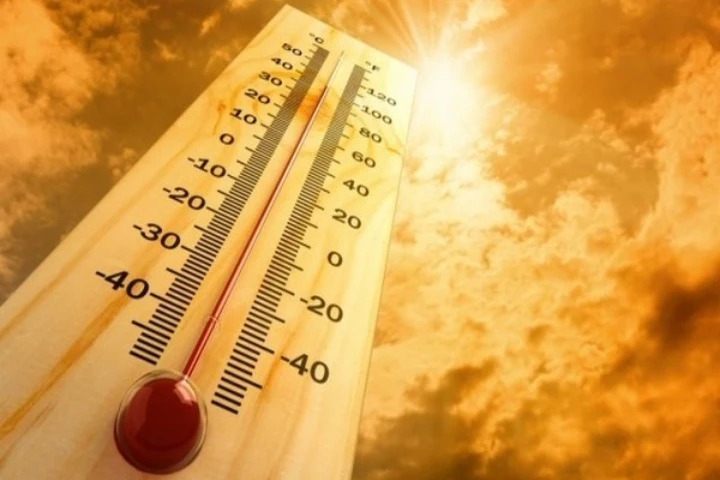In a bid to tackle the high demand for electricity during the summer months, the government has taken proactive measures to operationalize gas-based power plants across the country.
According to the Ministry of Power, the government has issued directives to all Gas-Based Generating Stations (GBSs) to ensure maximum power generation, thus optimising the utilization of these facilities. This move comes in response to a significant portion of GBSs remaining underutilized due to commercial considerations.
The release highlights that R K Singh, Union Minister for Power and New & Renewable Energy, chaired a series of meetings, emphasizing the imperative of adequate power availability to meet the heightened load during the hot weather.
According to the press release, the step taken by the government aims to bolster the availability of power from gas-based facilities during the impending high-demand period effective from May 1, 2024, to June 30, 2024.
The release further added that the GBSs holding Power Purchase Agreements (PPAs) with Distribution Licensees will prioritize offering their power to PPA holders. Any surplus power not absorbed by PPA holders will be directed to the power market for distribution. Gas-based generating stations without PPAs are mandated to offer their generation in the power market.
The government has also constituted a high-level committee to headed by the Chairperson of Central Electricity Authority to implement the order.
India’s electricity demand has been rising rapidly, driven by economic growth, particularly during hot weather and high-demand periods. The Indian Meteorological Department (IMD) has also predicted above-normal maximum temperatures over most parts of the country during the 2024 hot weather season.
According to IMD, the most prone areas to an increased heatwave are Gujarat, Madhya Pradesh, Maharashtra, and North Karnataka followed by Rajasthan MP and north Chhattisgarh, Odisha, and Andhra Pradesh.
Heatwave is a condition of air temperature that becomes fatal to the human body when exposed. It is defined based on the temperature thresholds over a region in terms of actual temperature or its departure from normal temperature.




















